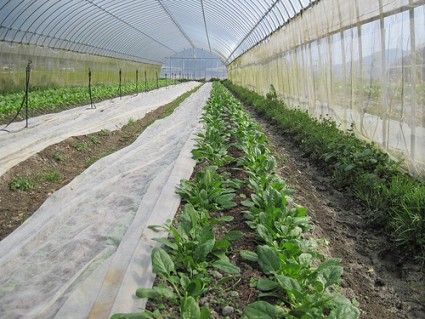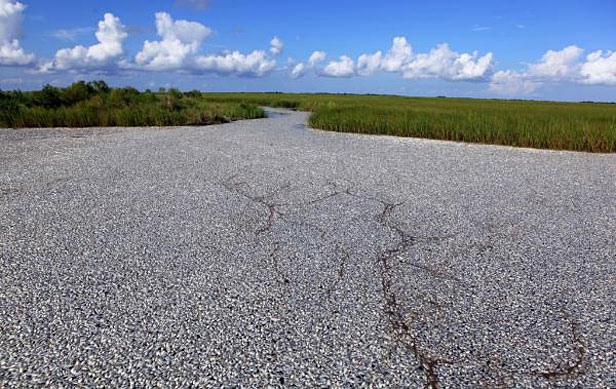farm
-
The EPA doesn’t regulate farm dust, it regulates air pollution
One cardinal rule of American politics is "Thou shalt not piss off the farmers." (Remember how farms were going to get a free pass on cap-and-trade?) Conveniently for Republicans, earlier this year, air monitors in Arizona found high levels of particulate matter in the air, and the EPA traced it to farms and had to work with farmers to minimize the amount of dust their work was creating.
Now, Arizona is very, very dusty place, and particulate matter is a hazard to air quality. But for what a reasonable person can only assume were political reasons, Republicans started claiming that the EPA was going to start imposing "farm dust" regulations on Midwestern farms, and now they are trying to get Congress to vote against "farm dust" regulations.
Of course, these "farm dust regulations" don't govern farms or dust in particular.
-
Buy a $150,000 bag of onions to save a family farm
Oh man, you're probably wishing you hadn't spent that $4,500 on a Rick Perry head planter yesterday. If you'd saved it, you could have put it towards ... well, a bag of onions, but also they'll throw in some dirt!
-
Manchester turns a disused building into a vertical farm
We know that some people don't think much of the idea of urban farming, in part because it takes up space that could otherwise be used to house people more densely. But what if an urban farm was a) vertical and b) using an otherwise abandoned space?
That's the plan for Alpha Farm, to be built in the Wythenshawe area of Manchester, England -
Chesapeake Bay dead zone could be the largest ever
One-third of the Chesapeake Bay is a dead zone this year. The Washington Post reports:
Especially heavy flows of tainted water from the Susquehanna River brought as much nutrient pollution into the bay by May as normally comes in an entire average year, a Maryland Department of Natural Resources researcher said. As a result, “in Maryland we saw the worst June” ever for nutrient pollution, said Bruce Michael, director of the DNR’s resource assessment service.
The dead zone could grow to be the largest ever.



